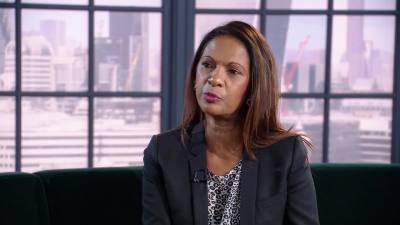Recording wills
The Law Commission is also seeking to further streamline the will writing process by enabling the use of electronic wills. The idea is that given the increasing prevalence of digital technology in our lives it might be easier, not to mention cheaper, to record and update your intentions in an electronic format.
I can see the sense in this, but there are also significant challenges in adopting such an approach. First of all, what methods of recording will be deemed suitable to be recognised as someone’s last wishes and in what setting?
The concept of electronic wills covers everything from a document prepared and viewed in a computer right through to a video will. Could we see the use of email, dictaphones, voicemails and even text messages being used to record someone’s will in time?
While updating a document is easy enough to do, can the same be said of a video will?
There is also the concern that the document/video/email that is taken to be someone’s last wishes was in essence something the testator did under a time of stress without much forethought. While the current process of writing a will might be seen as long winded or complicated, it is usually the result of much prior preparation by the testator. Can the same be said of other methods?
Much thought needs to be given to the infrastructure that needs to be put in place to support this. Given many people’s frequent use of media such as voicemail, text message and email, it could prove hard to establish what the testator’s true intentions really were if they sent messages to different people conveying sentiments.
In addition, as the commission admits, there are also issues around data security.
How do you know that an electronic signature was made by the testator and not someone else?
The paper does make mention of the use of biometrics as a signature rather than a typed or written one, but even then how do you know the testator was not being unduly pressured by a third party?
There is also the important issue of evolving technology and executors might find that the electronic will the testator recorded a few years before they died can no longer be accessed, resulting in the deceased being declared intestate or a feeding frenzy as relatives go through their emails and texts to find evidence of intentions.
These are all important areas that will need to be addressed before such a move could happen. The consultation makes these and many more interesting points on how the process of will writing can be modernised and improved.





